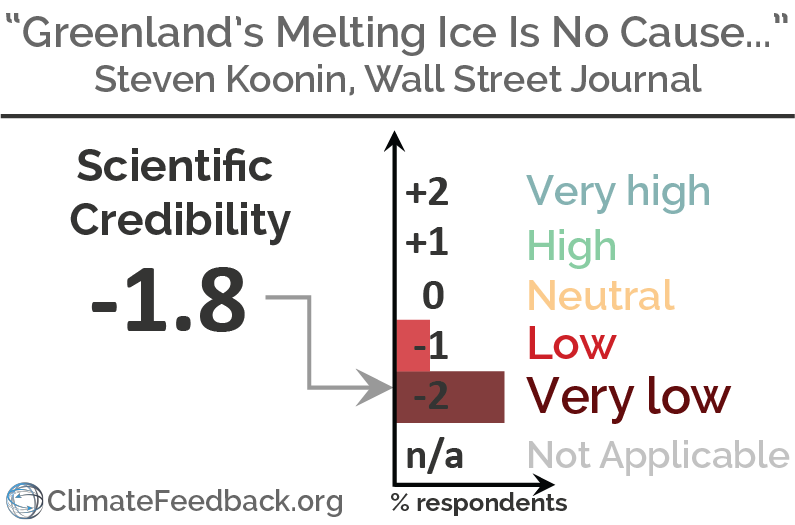'I don't think it's anything—I mean, I don't think it was ever put to anyuse. That's what I like about it. It's a little chunk of history that they'veforgotten to alter. It's a message from a hundred years ago, if one knew howto read it.'
Walter and Julia are examining a glass paperweight in George Orwell's 1984 without having context of what it is or for what it was used.
This is the same sort of context collapse caused by distance in time and memory that archaeologists face when examining found objects.
How does one pull out the meaning from such distant objects in an exegetical way? How can we more reliably rebuild or recreate lost contexts?
Link to: - Stonehenge is a mnemonic device - mnemonic devices in archaeological contexts (Neolithic carved stone balls
Some forms of orality-based methods and practices can be viewed as a method of "reading" physical objects.
Ideograms are an evolution on the spectrum from orality to literacy.
It seems odd to be pulling these sorts of insight out my prior experiences and reading while reading something so wholly "other". But isn't this just what "myths" in oral cultures actually accomplish? We link particular ideas to pieces of story, song, art, and dance so that they may be remembered. In this case Orwell's glass paperweight has now become a sort of "talking rock" for me. Certainly it isn't done in any sort of sense that Orwell would have expected, presumed, or even intended.
 Chief William Berens seated beside the living stones of his elders; a picture taken by A. Irving Hallowell in 1930, between Grand Rapids and Pikangikum, Ontario, Canada. (American Philosophical Society)
Chief William Berens seated beside the living stones of his elders; a picture taken by A. Irving Hallowell in 1930, between Grand Rapids and Pikangikum, Ontario, Canada. (American Philosophical Society)
